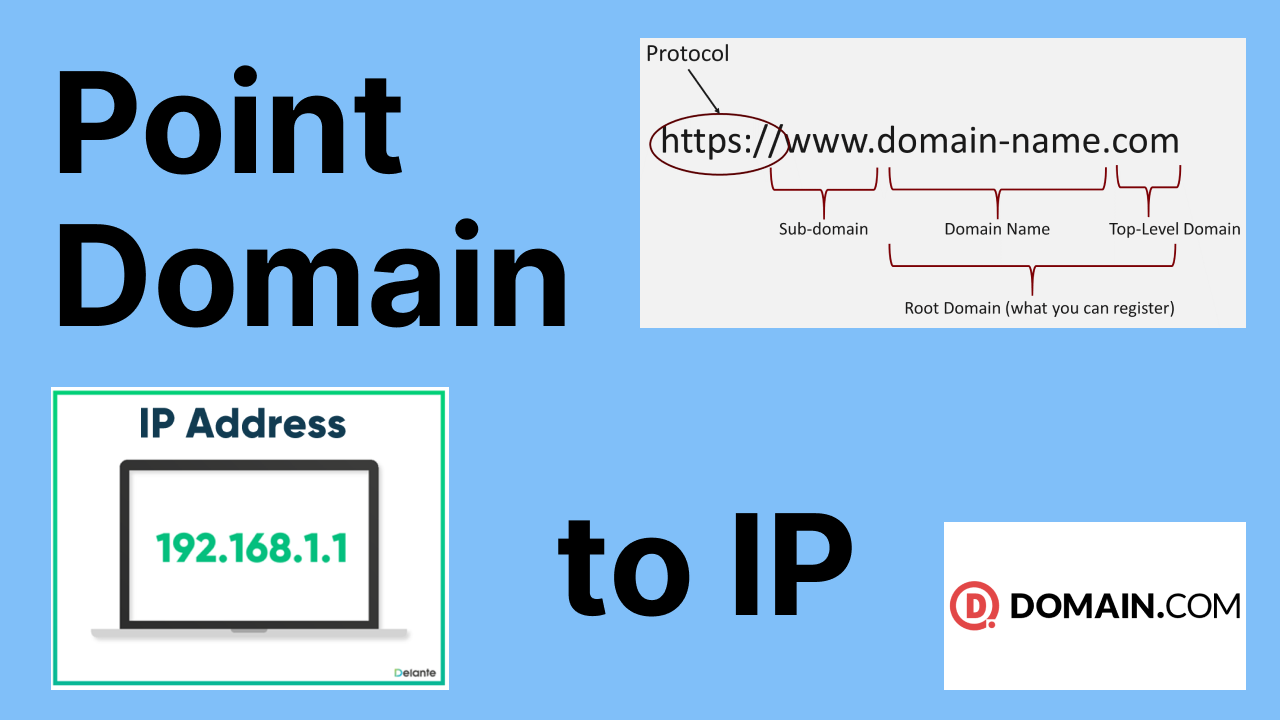Understanding the Difference Between Domain and IP Address
When it comes to navigating the vast world of the internet, you may have come across terms like domain and IP address. While both of these terms are essential to the functioning of the internet, they serve different purposes. In this article, we will dive deep into the differences between domain and IP address to help you understand their roles better.
What is a Domain?
A domain is a human-readable address that is used to access websites on the internet. It consists of a unique combination of letters and numbers that are easy to remember. For example, google.com or wikipedia.org are examples of domain names. Domains are used to identify and differentiate websites from one another, making it easier for users to navigate the internet.
Domains are managed by domain registrars, who are responsible for assigning and maintaining domain names. When you type a domain name into your browser, it sends a request to a Domain Name System (DNS) server, which translates the domain name into an IP address.
What is an IP Address?
An IP address, short for Internet Protocol address, is a numerical label assigned to each device connected to a computer network. It serves as a unique identifier for devices on the internet, allowing them to communicate with each other. IP addresses come in two forms: IPv4 (Internet Protocol version 4) and IPv6 (Internet Protocol version 6).
Every website on the internet has an IP address associated with it. When you type a domain name into your browser, the DNS server translates the domain name into an IP address, allowing your device to connect to the website’s server.
Key Differences Between Domain and IP Address
- Domains are human-readable addresses, while IP addresses are numerical labels.
- Domains are used for easier navigation on the internet, while IP addresses are used for device identification and communication.
- Domains are managed by domain registrars, while IP addresses are assigned by Internet Service Providers (ISPs).
Conclusion
In conclusion, domains and IP addresses are essential components of the internet that work together to ensure seamless communication and navigation. While domains provide human-readable addresses for websites, IP addresses serve as unique identifiers for devices on the internet. Understanding the differences between domain and IP address can help you navigate the internet more effectively and make informed decisions when managing websites or networks.
